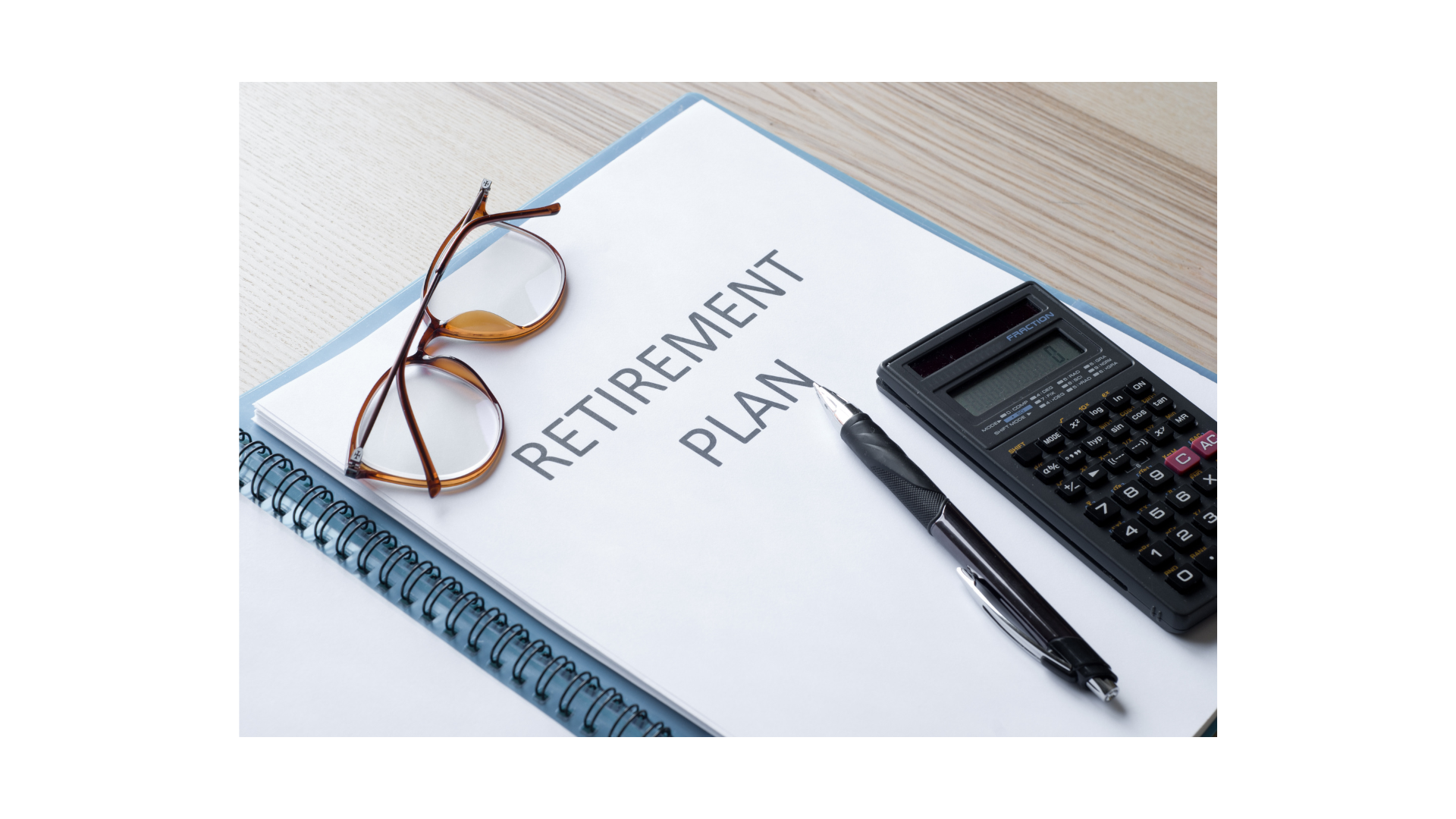COVID-19 Impacts Retirement Prospects for Each Workforce Generation
Let’s play a little fill-in-the-blank game. Complete the following sentence: Those poor (Millennials, GenXers, Boomers)! They really got the short end of the retirement stick, especially in light of the pandemic.
Which is the correct answer? Brace yourself for a difficult truth: all of them did. Here’s how.
Millennials started out behind in some respects, coming of age as they did during the Great Recession. They watched their parents struggle through the financial challenges of that time, then entered the workforce well-educated but with a huge amount of student loan debt. Many among this group believe Social Security will be bankrupt long before they can get it, and worry they won’t be able to save enough to retire comfortably on their own. Still, those Millennials who began investing early have enjoyed one of the longest bull market cycles in history.
Generation X was present in the workforce during the decline and fall of the pension empire — and the concurrent rise of the 401(k) plan. As such, many started saving for their own retirement early in their careers, although they took a significant hit to their savings during the Great Recession. Now that these “sandwich generation” folks are caring for both children and parents, many have been unable to recover the losses in spite of the bull market. And now, along comes a pandemic that further impacts their jobs and thus, their ability to save for the future.
Baby Boomers were well-established in their pension-earning careers when the shift to 401(k) plans began. While they were in the midst of their peak earning years, many did begin to save on their own. The Great Recession affected their balances, of course, and unlike their younger colleagues, they have less time left to recover. Simply because of age, they are more likely to be laid off or let go when the economy shifts as it did in 2020; members of this generation have lost jobs at almost the same rate as the Millennials.
The pandemic’s impact on jobs and savings is undeniable, yet workers across all generations continue to have an optimistic viewpoint of how retirement will look for them. The data, from the Transamerica Center for Retirement Studies, report that 70% of people who responded to their recent survey say they are looking forward to retirement. Sixty-five percent say they want to travel, 57% want to spend time with their family, and 46% want to pursue a hobby.
While saving enough continues to be a source of worry for all generations, 60% believe they are saving enough. Millennials either “strongly agree” or “somewhat agree” with that sentiment, with 59% of Generation Xers and 60% of Baby Boomers sharing a similar belief.
Employers have a key role to play in helping employees achieve retirement security. Many employers already sponsor a 401(k) plan, and that alone helps employees save. But there is more employers can do. For example, the Transamerica report suggests workplace financial wellness programs and phased retirements, among other suggestions.
The report is available online at https://tinyurl.com/TCRS-2020.
This information is not intended as authoritative guidance or tax or legal advice. You should consult with your attorney or tax advisor for guidance on your specific situation.
Kmotion, Inc., 412 Beavercreek Road, Suite 611, Oregon City, OR 97045; www.kmotion.com
© 2021 Kmotion, Inc. This newsletter is a publication of Kmotion, Inc., whose role is solely that of publisher. The articles and opinions in this publication are for general information only and are not intended to provide tax or legal advice or recommendations for any particular situation or type of retirement plan. Nothing in this publication should be construed as legal or tax guidance, nor as the sole authority on any regulation, law or ruling as it applies to a specific plan or situation. Plan sponsors should consult the plan’s legal counsel or tax advisor for advice regarding plan-specific issues.


Iowa
4200 University Avenue, Suite 200
West Des Moines, IA 50266
800-677-1529
Securities offered through LPL Financial, Member FINRA/SIPC. Investment advisory services offered through Global Retirement Partners, LLC dba AssuredPartners Financial Advisors, an SEC registered investment advisor. AssuredPartners Financial Advisors and LPL Financial are separate non-affiliated entities.
GRP Advisor Alliance is an independent network of retirement plan focused advisors. GRP Advisor Alliance is not affiliated with or endorsed by LPL Financial.
The financial professionals associated with LPL Financial may discuss and/or transact business only with residents of the states in which they are properly registered or licensed. No offers may be made or accepted from any resident of any other state.










